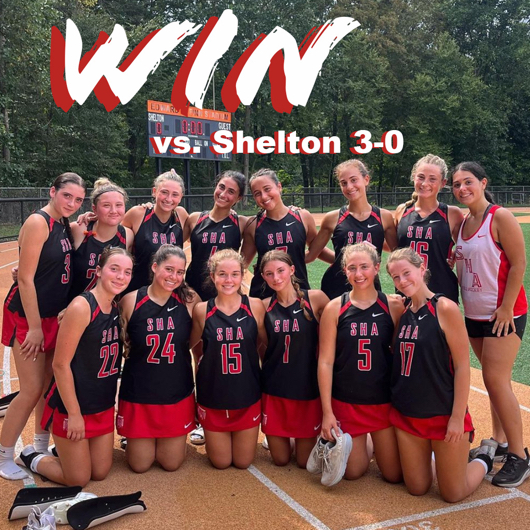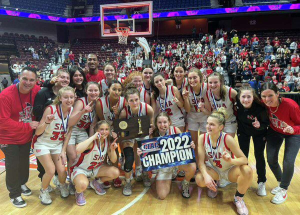The Unending Battle Between Musicians and Digital Music Streaming Sites
Can they make peace already?

Over the past decade, the digital music industry has become increasingly competitive. Since 1999, streaming sites have been popping up all over the Internet. Napster, a peer-to-peer file-sharing network, was launched in 1999. Napster was the first site to allow users unlimited access to music. In 2001, Napster was shut down due to copyright lawsuits. 2000 brought the launch of Pandora Radio, a site that allows users to listen to unlimited amounts of music and choose the genre, artist or song to base a station after. Apple launched iTunes in 2003. This site was not a digital music streaming site, but it allowed one to purchase a digital version of music. After this point, digital music streaming steam-rolled into the music industry.
In recent news, Taylor Swift has drawn attention to her album 1989 by asking Spotify to remove all of her music from their site. Swift said, “In my opinion, the value of an album is, and will continue to be, based on the amount of heart and soul an artist has bled into a body of work, and the financial value that artists (and their labels) place on their music when it goes out into the marketplace. Piracy, file sharing and streaming have shrunk the numbers of paid album sales drastically, and every artist has handled this blow differently.” Swift believes that when an artist puts music on a digital streaming site like Spotify, which has the option of paying each month for an ad-free version with unlimited access to the Spotify library, or an ad version where there are restrictions to your access, they are not being compensated for their music. Swift took her music off Spotify but left it on Rdio, Napster, and Beats Music. To access these sites, you must pay a monthly fee.
Artists today are wondering if it is more beneficial to only allow access through monthly subscription sites or if the free access through advertisement-sponsored sites is worth it in the long run. Ed Sheeran, a British teen pop sensation, shared his view: “I played to a crowd that knew all the words to all the songs that had only just come out that week. And it’s because kids were just going on and Spotifying and listening and it really helps an album get out there.” There are many artists who fully support the free music with advertisement sponsorship because they believe it allows their music to get out there for more fans to discover.
Spotify pays 70% of its revenue to its artists and music rights holders. Some artists would say that is not enough because that comes out to be less than one cent per play. This is very small in comparison to the $0.09 accumulated from a $0.99 sale on iTunes.
Digital music streaming is part of the future and will continue to grow. When artists take their music off streaming sites, they are hoping to boost their revenue for their music because they want to get the highest reward for what they have created. Artists like Taylor Swift believe that when their music is put on a site like Spotify, which allows free access to their music and the ability to play it at any time, this reduces the value of their music to nothing. Will this change the way you access music in the future?







